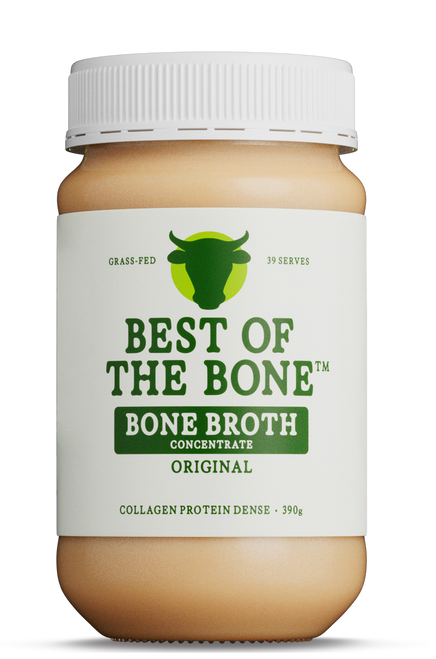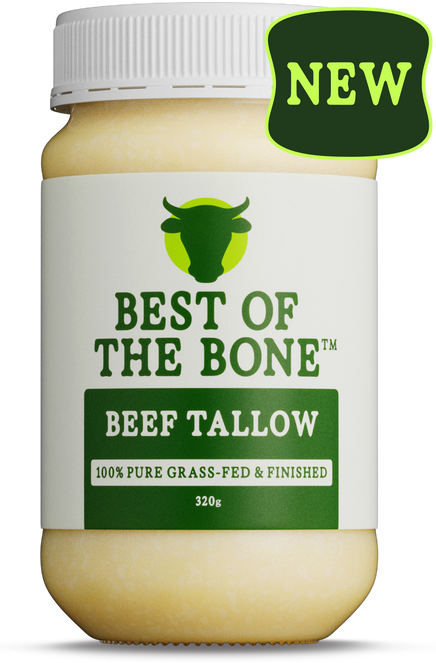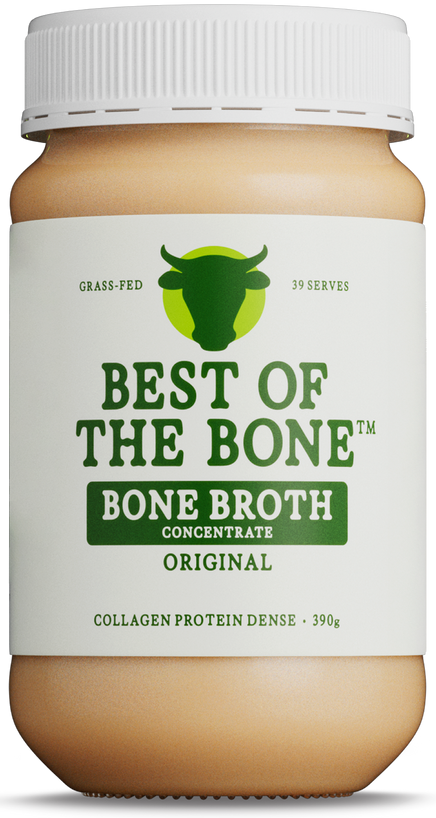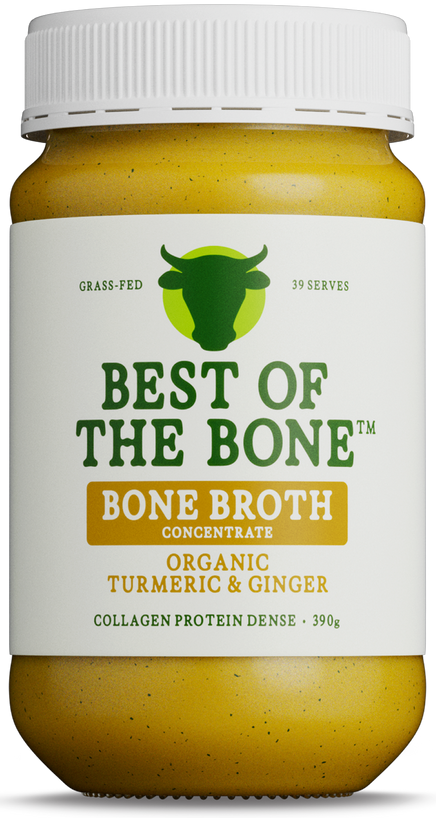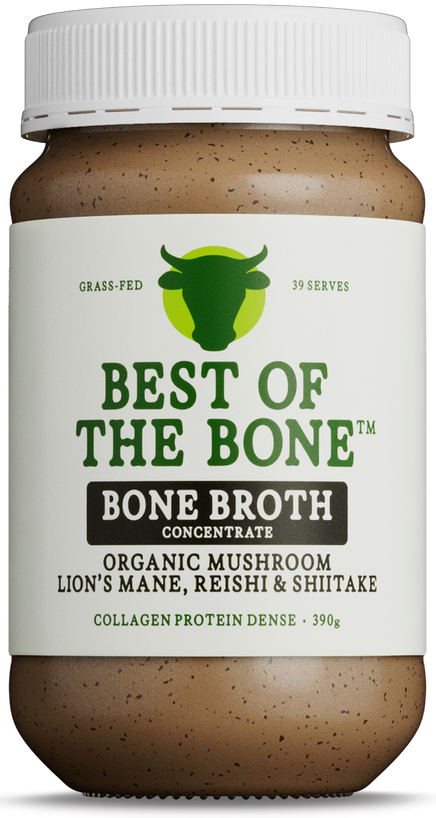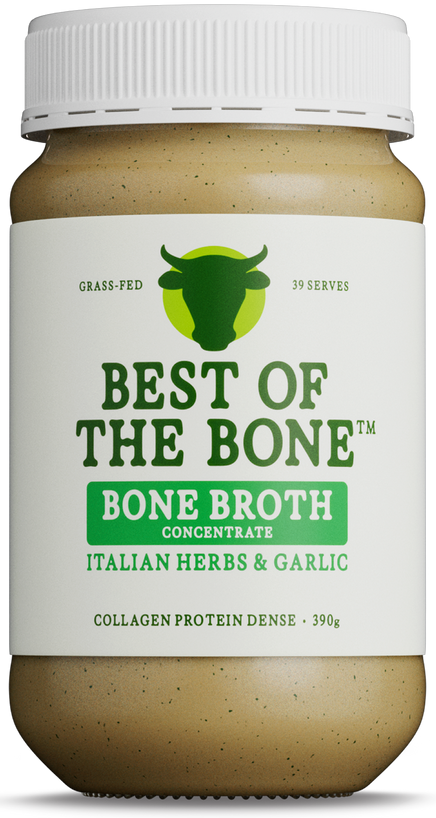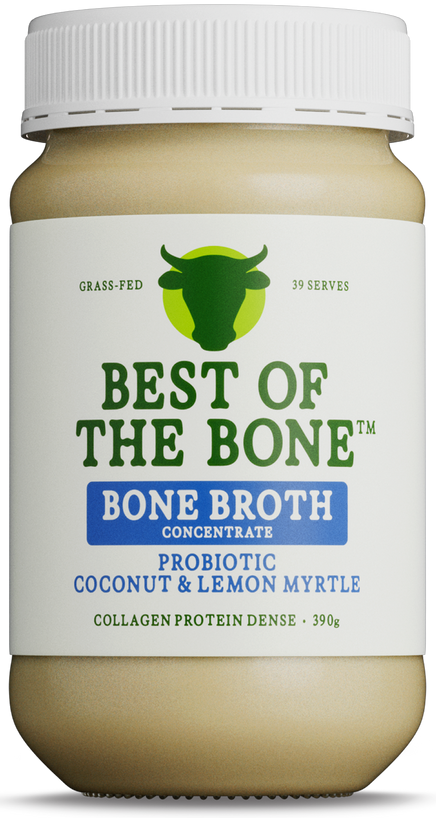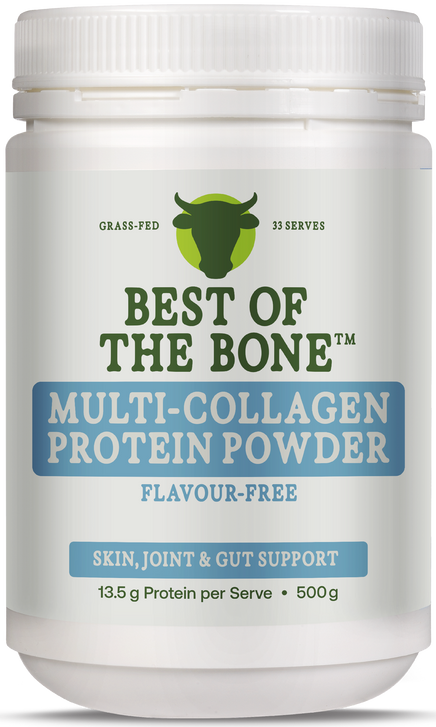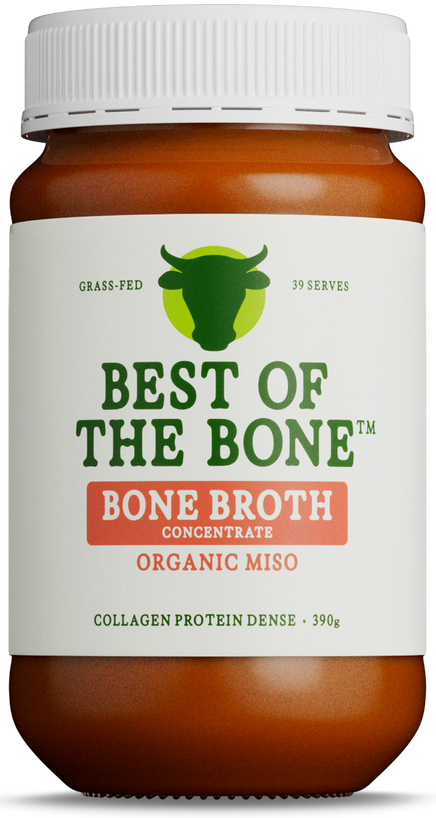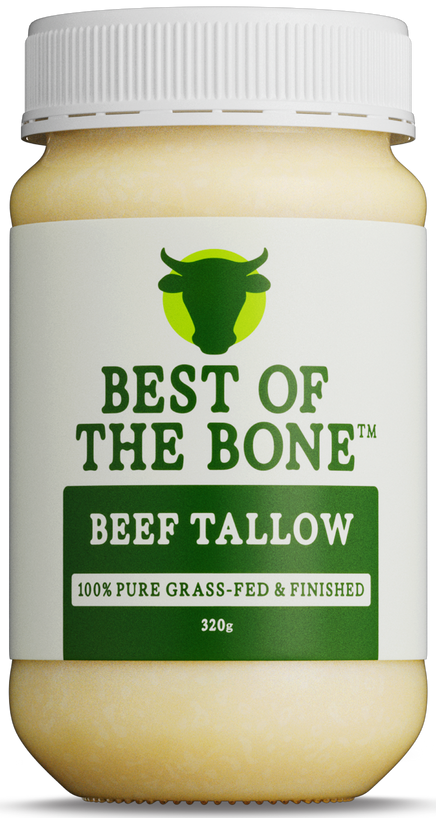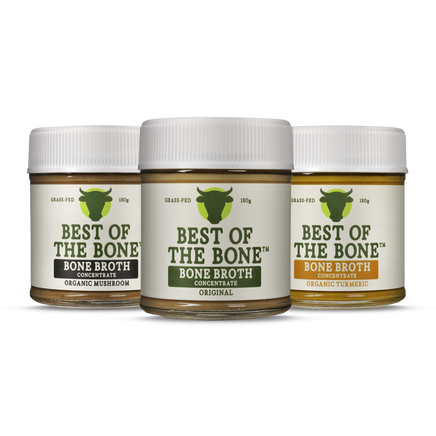Bone Broth: A Training Ally for Strength and Connective Tissue
Bone broth has long been celebrated in traditional cultures as a healing food, prized for its soothing flavour and restorative qualities. In recent years, it has made its way into the nutrition plans of athletes and health enthusiasts alike, particularly those interested in strength training, joint integrity, and connective tissue health. While protein powders may fuel muscle growth, bone broth brings something different, supporting the scaffolding that allows strength and power to be expressed in the first place.
Collagen: Building the Body’s Framework
The hallmark of bone broth is its richness in collagen, the most abundant protein in the body and the key structural component of tendons, ligaments, cartilage, and bone. During slow cooking, collagen breaks down into gelatin and further into amino acids such as glycine, proline, and hydroxyproline, which are essential for connective tissue repair.
Research on collagen has shown measurable benefits in athletes reporting reduced joint pain and improved mobility compared to placebo. Another study demonstrated that consuming gelatin with vitamin C before training boosted collagen synthesis in tendons and ligaments. These findings point to a direct role for collagen-rich foods like bone broth in fortifying the body’s structural foundation.
Joint Health and Long-Term Resilience
Strength training challenges not just muscles, but also the joints and connective tissues that absorb repeated load and stress. Over time, this can manifest as discomfort or even injury. Collagen supplementation studies suggest that consistent intake reduces exercise-related joint pain and supports long-term joint health.
Bone broth, with its natural blend of collagen peptides and amino acids, offers a practical way to reinforce this resilience. By feeding the very tissues that stabilise the musculoskeletal system, broth helps athletes not only recover from today’s workout but also maintain the durability needed for years of training ahead.
Glycine: More Than a Building Block
Bone broth is particularly high in glycine, an amino acid with benefits that extend well beyond connective tissue. Glycine supports creatine production, vital for short, explosive movements, while also enhancing glutathione, the body’s master antioxidant. It plays a role in calming the nervous system, improving sleep quality, and regulating inflammation, all of which are crucial for recovery.
For athletes, glycine’s dual role, supporting tissue repair while promoting restful recovery, makes bone broth more than just food; it becomes a recovery tool.
Minerals for Strength and Recovery
A long-simmered, good quality bone broth also provide trace minerals such as calcium, magnesium, phosphorus, and potassium. These minerals are fundamental for bone strength, nerve signalling, and muscle contraction. While broth may not match supplements for concentration, its minerals come in a gentle, food-based form that is easily absorbed and synergises with its protein content.
Bone Broth and Protein Powders: A Powerful Partnership
Protein powders such as whey are excellent for driving muscle protein synthesis, thanks to their high leucine content. Bone broth, by contrast, delivers something that whey cannot; the specialised amino acids that directly rebuild and fortify tendons, ligaments, and cartilage.
Together, they form a powerful partnership. Whey and other complete proteins fuel muscle growth, while bone broth strengthens the connective tissue ‘scaffolding’ that holds those muscles in place. This synergy ensures not just bigger muscles, but stronger, more resilient joints and tendons.
A practical approach is to enjoy a cup of bone broth alongside a protein-rich post-training meal. This provides power for the muscles and protection for the joints, an ideal combination for anyone serious about both performance and longevity.
Practical Training Tips
- Pair with Vitamin C: Collagen synthesis requires vitamin C. Enjoying broth with citrus, capsicum, or leafy greens enhances its connective tissue benefits.
- Use as Pre-Training Fuel: Research suggests that consuming gelatin or collagen with vitamin C about an hour before exercise can stimulate collagen production in stressed tissues.
- Incorporate into Recovery Meals: Swap water for broth in soups, stews, or even risottos to enrich meals with amino acids and minerals that support recovery.
The Bigger Picture
What makes bone broth remarkable is its holistic effect on recovery and resilience. It doesn’t just impact muscle growth, it nourishes the entire musculoskeletal system. By strengthening joints, reducing inflammation, supporting sleep, and replenishing minerals, it provides comprehensive support for athletes and strength trainers alike.
Modern nutrition science is beginning to validate what traditional cultures have long understood, that slow-simmered bones yield more than flavour, they provide foundational nourishment for strength, endurance, and longevity.
Conclusion
Bone broth deserves its place as a modern performance food, not because it competes with whey or creatine, but because it complements them. Where protein powders build muscle, bone broth builds resilience. Where supplements target one pathway, broth supports the entire structural network of the body.
For those invested in strength training, connective tissue health, and long-term performance, bone broth is more than an old-world remedy, it’s a training ally that bridges tradition with science.
References
1. Clark KL, Sebastianelli W, Flechsenhar KR, et al. 24-Week study on the use of collagen hydrolysate as a dietary supplement in athletes with activity-related joint pain. Curr Med Res Opin. 2008;24(5):1485–1496.
2. Shaw G, Lee-Barthel A, Ross ML, Wang B, Baar K. Vitamin C–enriched gelatin supplementation before intermittent activity augments collagen synthesis. Am J Clin Nutr. 2017;105(1):136–143.
3. Zdzieblik D, Oesser S, Baumstark MW, Gollhofer A, König D. Collagen peptide supplementation and resistance training: effects on body composition and strength in sarcopenic men. Br J Nutr. 2015;114(8):1237–1245.
4. Soh J, Raventhiran S, Lee JH, Lim ZX, Goh J, Kennedy BK, Maier AB. The effect of glycine administration on the characteristics of physiological systems in human adults: A systematic review. Geroscience. 2024 Feb;46(1):219-239.

